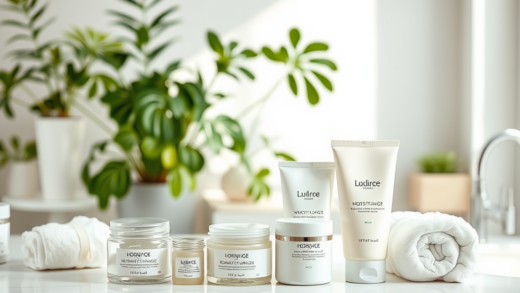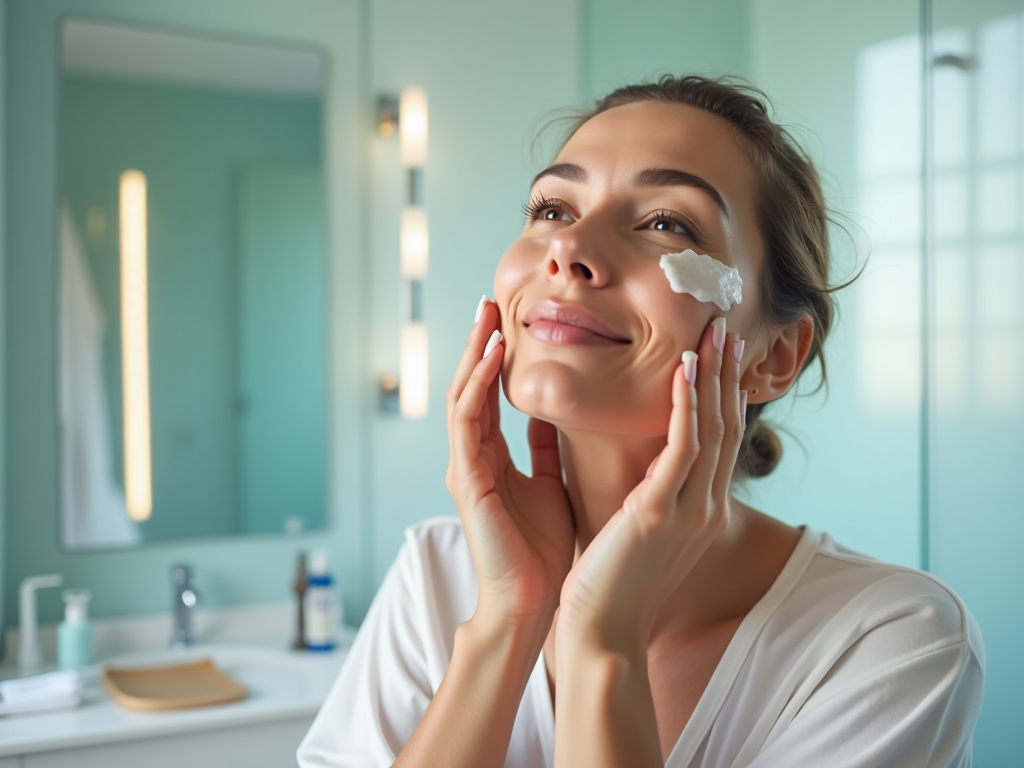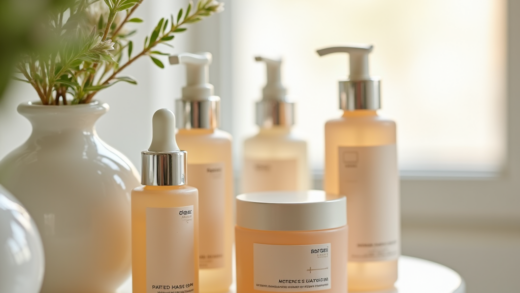Dark underarms can be a source of embarrassment for many individuals, often affecting self-esteem and confidence. The discolored skin can result from a variety of factors, including hormonal changes, excessive sweating, friction, or even certain products. This article will delve into the main causes of dark underarms and provide practical solutions to alleviate this common issue.
Understanding the Causes of Dark Underarms
There are several reasons why your underarm skin may darken over time. Understanding the underlying causes can help you better target the problem. Here are the primary contributors to dark underarms:
- Hyperpigmentation: This condition results from the overproduction of melanin in the skin, leading to darker patches.
- Friction: Continuous rubbing against clothing can cause skin irritation and darkening.
- Shaving: Removal of hair can lead to ingrown hairs and skin irritation, further worsening the appearance.
- Hormonal Changes: Conditions like diabetes or hormonal fluctuations during pregnancy can lead to dark underarms.
- Skin Conditions: Certain dermatological conditions, such as acanthosis nigricans, can cause dark patches.
Common Products That May Contribute to Dark Underarms

Sometimes, the products we use in our daily routines can contribute to the darkening of underarm skin. Here are some common items that may lead to this issue:
- Deodorants and Antiperspirants: Some products contain harsh chemicals and fragrances that can irritate the skin.
- Soaps and Body Washes: Strong cleansing agents might strip away natural oils, causing the skin to react negatively.
- Hair Removal Creams: Depilatory creams can cause allergic reactions, leading to discoloration.
Choosing gentler options and being mindful of the ingredients can help mitigate these effects.
Effective Remedies to Brighten Dark Underarms

Fortunately, there are several effective remedies to tackle the issue of dark underarms. Here are some methods you can consider:
- Natural Exfoliation: Regular exfoliation with natural ingredients such as baking soda or sugar helps remove dead skin cells.
- Aloe Vera: This natural remedy has soothing properties and can help lighten skin due to its anti-inflammatory capabilities.
- Lemon Juice: The natural acids in lemon juice can act as a bleaching agent, but it should be used with caution to avoid irritation.
- Hydration: Drinking plenty of water keeps your skin well-hydrated, reducing the risk of darkening.
- Consulting a Dermatologist: For severe cases, a dermatologist might recommend treatments such as chemical peels or laser therapy.
Prevention Tips for Maintaining Bright Underarms
Once you’ve started treating dark underarms, it’s essential to maintain healthier skin. Here are some prevention tips:
- Choose the Right Products: Opt for natural and alcohol-free deodorants that are less likely to irritate skin.
- Avoid Tight Clothing: Wear loose-fitting clothes to reduce friction in the underarm area.
- Maintain Good Hygiene: Regularly clean the underarm area to prevent buildup of sweat and bacteria.
- Limit Shaving: Consider alternative hair removal methods, such as waxing or laser hair removal, to minimize irritation.
Conclusion
Dark underarms are a common concern, often resulting from various factors such as friction, skin conditions, or harsh products. By understanding the causes and adopting effective remedies and preventive measures, you can significantly improve the appearance of your underarms. A consistent skincare routine, along with the right choices in products, can lead to healthier and brighter skin.
FAQs
1. Are dark underarms a sign of a serious health condition?
No, while they are usually not a sign of a serious health issue, dark underarms can indicate underlying conditions like diabetes. If concerned, it’s best to consult with a healthcare professional.
2. Can shaving cause dark underarms?
Yes, shaving can lead to ingrown hairs and skin irritation, which may contribute to darkening in the underarm area.
3. How often should I exfoliate my underarms?
Exfoliating 1-2 times a week is sufficient to remove dead skin cells and promote even skin tone without causing irritation.
4. Is lemon juice safe for all skin types?
Lemon juice can be irritating for sensitive skin types. It’s advisable to do a patch test first and use sunscreen if applying lemon juice on exposed skin.
5. When should I see a dermatologist?
Consult a dermatologist if over-the-counter remedies do not work, or if you notice sudden changes in your skin or experience discomfort.


